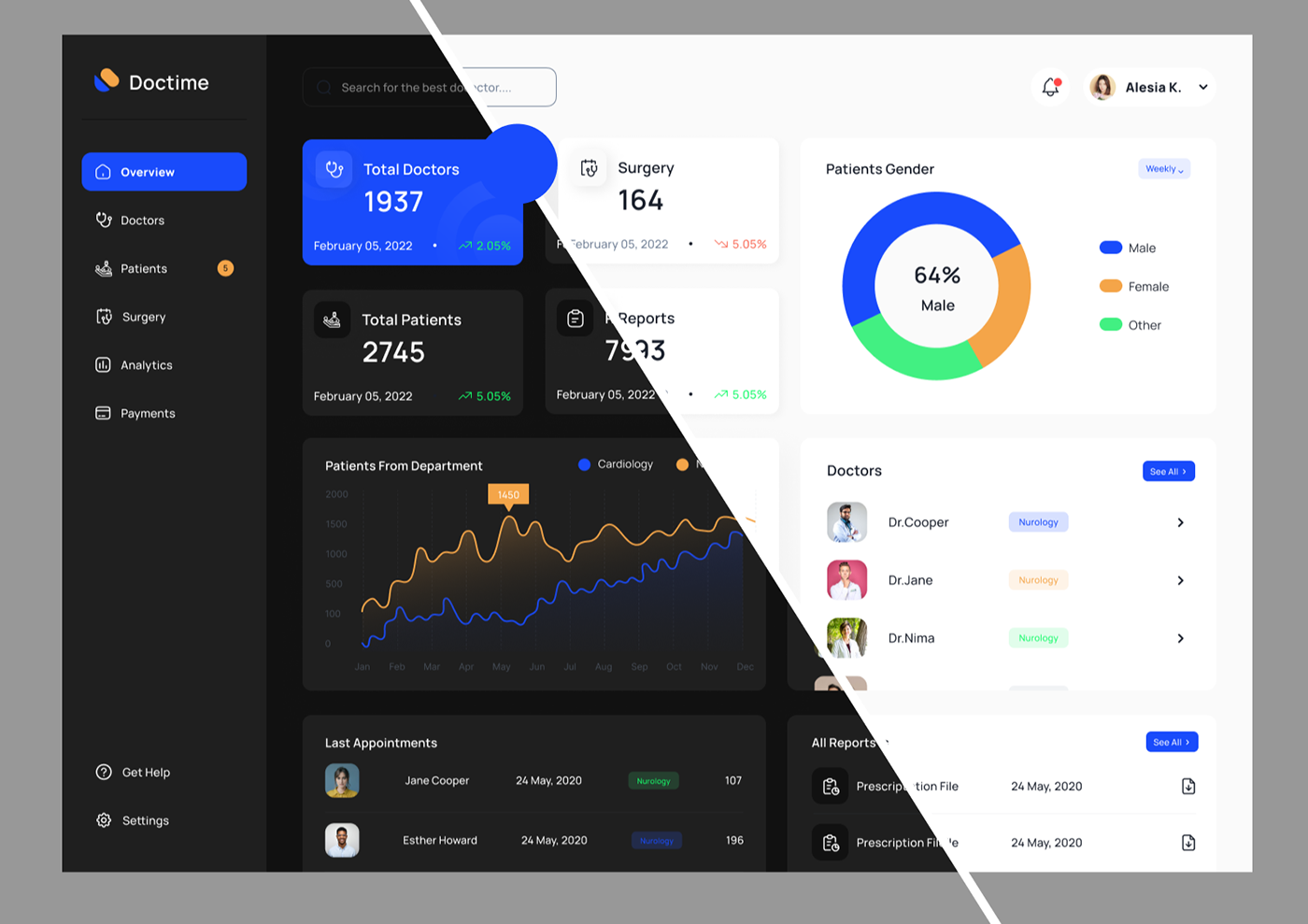Innovations in Healthcare: The Rise of Health Oversight Instruments

Recently, the field of medical services has changed significantly, driven by technological advancements that have redefined how healthcare institutions function. At the forefront of this change is clinical management software, a powerful tool that improves the effectiveness and quality of medical service delivery. As medical professionals face increasing demands for better patient care while managing complicated administration processes, these cutting-edge solutions are emerging as essential assets in today's medical environments.
Medical management software optimizes various tasks, from managing appointments and communicating with patients to invoicing and handling electronic health records. By streamlining routine processes, medical professionals can focus more on providing care to patients rather than administrative burdens. This not only enhances workflow efficiency but also promotes a more favorable patient experience, in the end contributing to improved health outcomes. As we investigate the expansion of these solutions, we will emphasize their groundbreaking effect on the medical field and the future of healthcare management.
Introduction of Clinical Administration Tools
Healthcare administration software encompasses a variety of digital platforms designed to enhance medical services, improve user care, and improve operational effectiveness. These solutions are progressively critical in handling the complexities of medical facilities, health systems, and medical systems. By digitizing administrative tasks and offering real-time access to patient information, healthcare administration software empowers medical professionals to prioritize treatment outcomes rather than administration.
One of the most significant advantages of clinical administration tools is their ability to combine various functions into a single platform, such as booking, invoicing, and electronic health records. This integration not only reduces the chance of mistakes but also augments communication among healthcare providers. With medicloudmed.ch like schedule reminders and private communication, these applications promote better patient involvement and adherence to care plans, ultimately resulting to enhanced health results.
Furthermore, clinical administration software supports data analytics tools that allow medical organizations to track performance metrics and determine trends. By reviewing client data, providers can take knowledgeable decisions regarding utilization of resources, client care strategies, and operational improvements. As the field of healthcare continues to change, the embrace of these innovative tools is essential for institutions aiming to succeed in a competitive market while delivering high-quality support.
Merits of Medical Management Software
Medical management software offers better performance by optimizing several administrative processes within medical organizations. By automating tasks such as managing appointments, patient record management, and invoicing, healthcare providers can gain important time and decrease the likelihood of errors. This effectiveness allows healthcare professionals to concentrate on patient care rather than being hindered by manual tasks.
A further benefit, healthcare management solutions is enhanced patient engagement. With features like patient access systems, users can easily view their health records, book appointments, and communicate directly with their healthcare providers. This convenience fosters improved communication and encourages patients to take a more involved role in their health management, leading to better patient outcomes.
Furthermore, medical management software enables enhanced data analysis and monitoring. Healthcare providers can monitor patient outcomes, monitor KPIs, and recognize patterns over time. This power to evaluate data helps institutions develop strategic initiatives and implement strategies that enhance the standard of care, ultimately serving both providers and patients alike.
Future Trends in Medical Management

A prospective of healthcare management software is set to leverage AI to improve decision-making in medical environments. With data continues to grow exponentially, AI models will enable greater analysis of patient data, resulting in personalized treatment plans and enhanced patient outcomes. This shift will not only simplify workflow but also minimize mistakes and improve resource management within medical facilities.
Another significant trend is the integration of remote care capabilities into healthcare management software. With the need for virtual visits increases, health management tools will develop to provide integrated virtual care options. This includes functions such as video calls, remote monitoring of patients, and digital health assessments, which will help healthcare providers ensure consistent patient involvement and tracking, particularly in disadvantaged or rural areas.
In addition, the emphasis on interoperability will shape the next landscape of healthcare management tools. As there is a increasing need for integrated solutions, developers are focusing on creating systems that allow various healthcare systems to communicate smoothly. This trend will result in better integrated care, where patient information is easily available across different healthcare environments, ultimately resulting in better-coordinated care and improved health results for patients.
